How Sudan's rebel deal offers lifeline for peace
- 2020-09-09 17:14:22


 Pierre Rayer: Art, Science, and Happiness: The Universal Mission of Transmission to Future Generations through Patronage at the Louvre Abu Dhabi
Pierre Rayer: Art, Science, and Happiness: The Universal Mission of Transmission to Future Generations through Patronage at the Louvre Abu Dhabi Ahly crowned Super champions after dramatic extra-time win over Modern Future FC
Ahly crowned Super champions after dramatic extra-time win over Modern Future FC Yemeni Honey..A Development Wealth Threatened By Conflict And Climate Change
Yemeni Honey..A Development Wealth Threatened By Conflict And Climate Change California wildfires: Millions warned of possible power cut
California wildfires: Millions warned of possible power cut Central African rebels launch attacks near capital
Central African rebels launch attacks near capital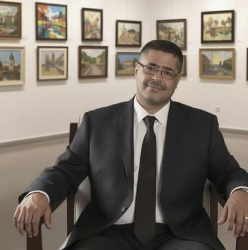 Yemeni Artist Sells Paintings to Pay Overdue Rent
Yemeni Artist Sells Paintings to Pay Overdue Rent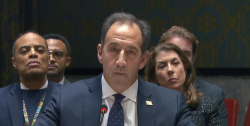 Washington Urges Sudan’s Warring Parties to Accept Immediate Ceasefire
Washington Urges Sudan’s Warring Parties to Accept Immediate Ceasefire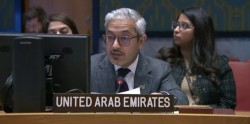 UAE Urges Civilian Transition in Sudan, Warns of Regional Spillover
UAE Urges Civilian Transition in Sudan, Warns of Regional Spillover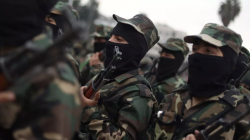 Syria and Kurdish-led SDF agree to de-escalate after deadly clashes in Aleppo
Syria and Kurdish-led SDF agree to de-escalate after deadly clashes in Aleppo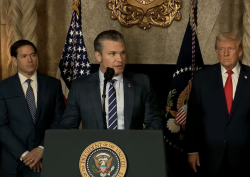 Trump Announces New Class of Battleship
Trump Announces New Class of Battleship
